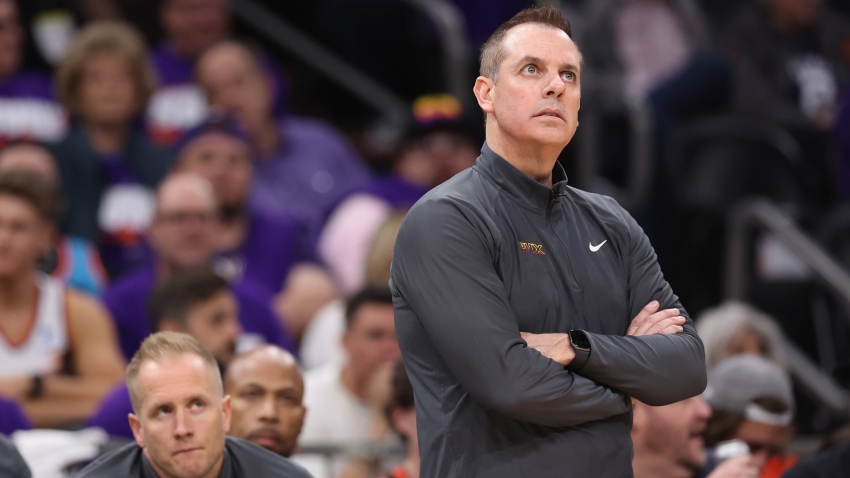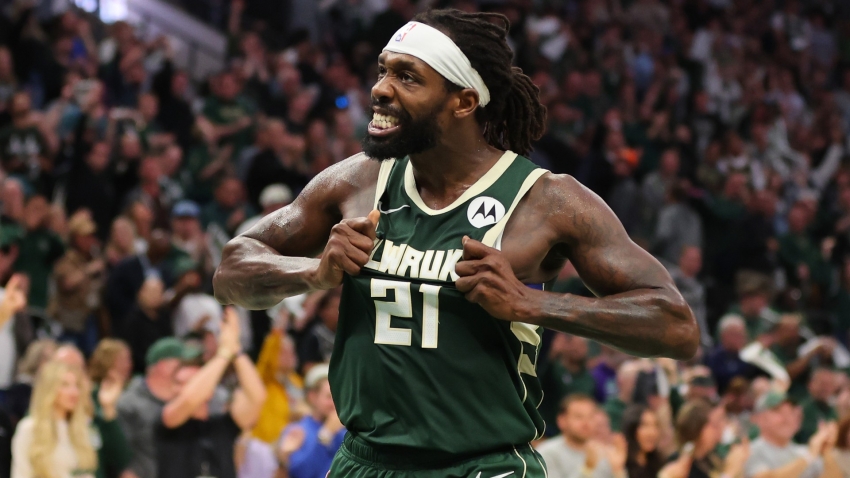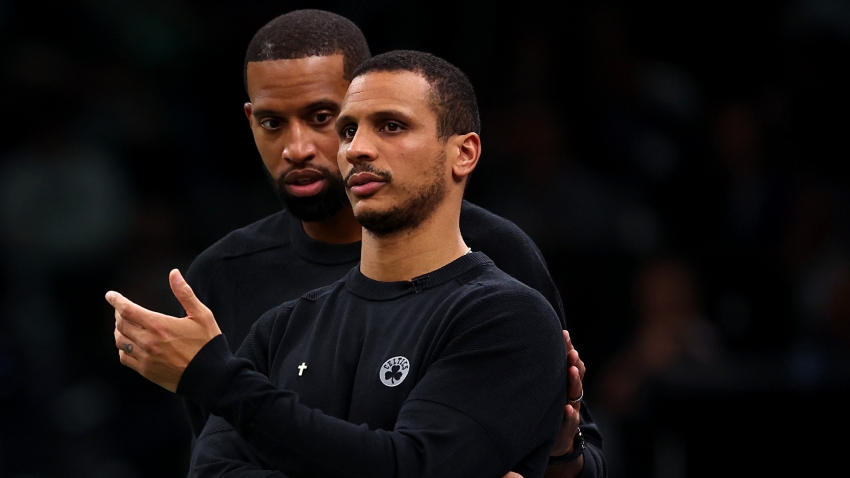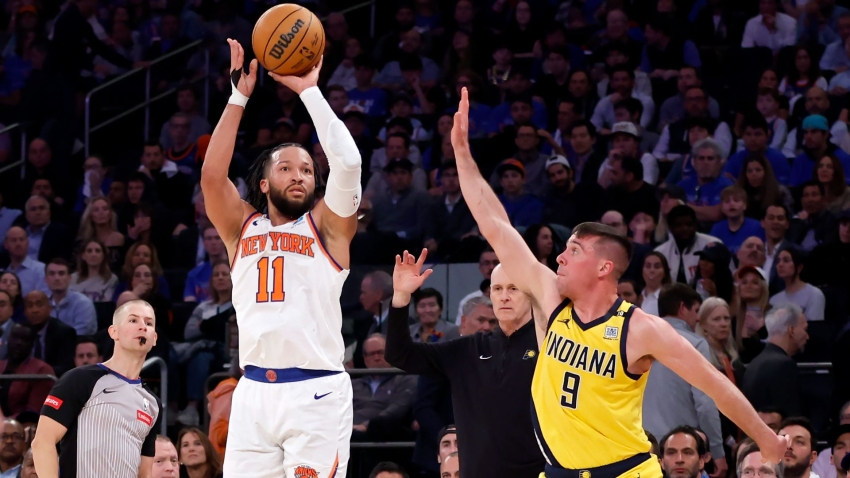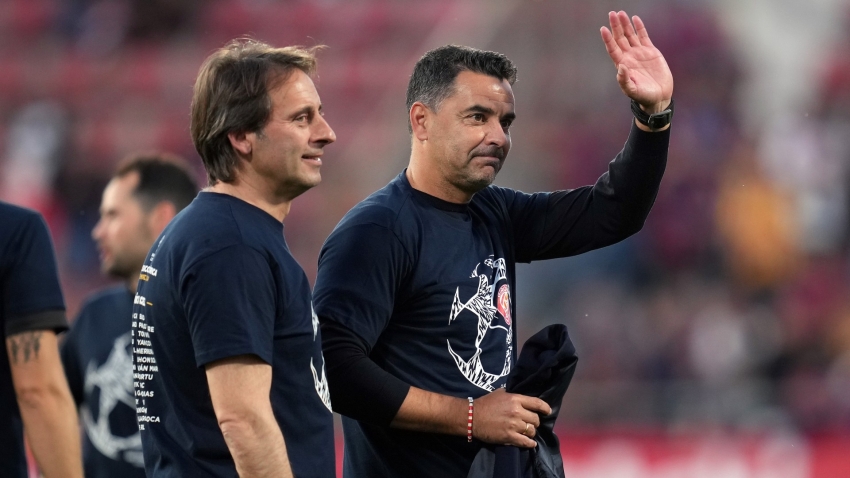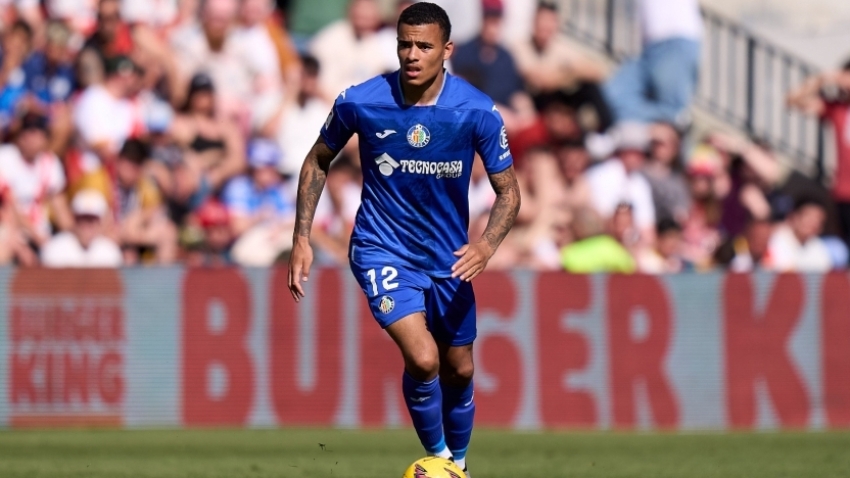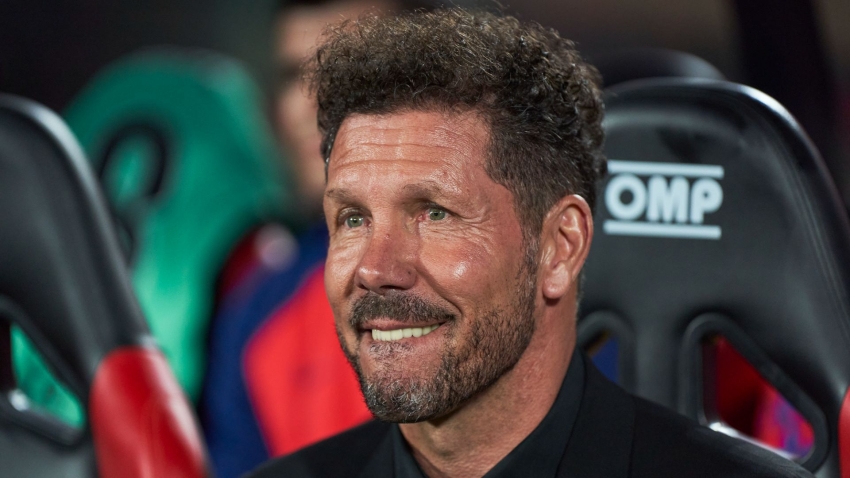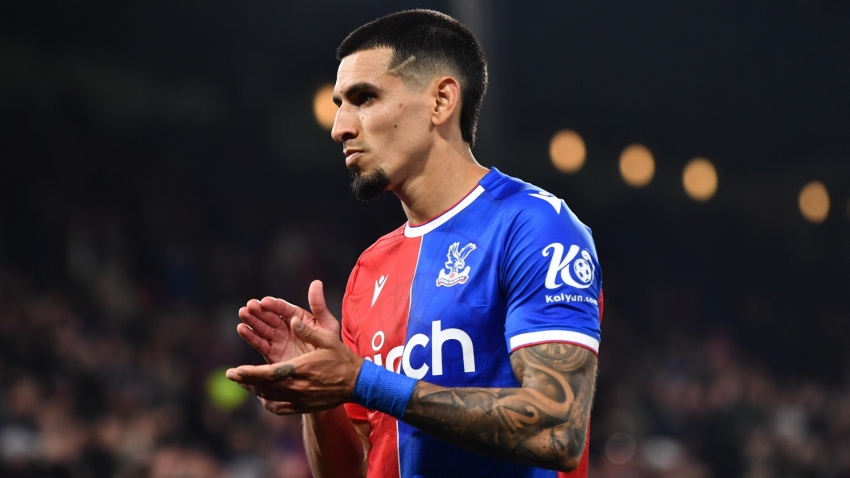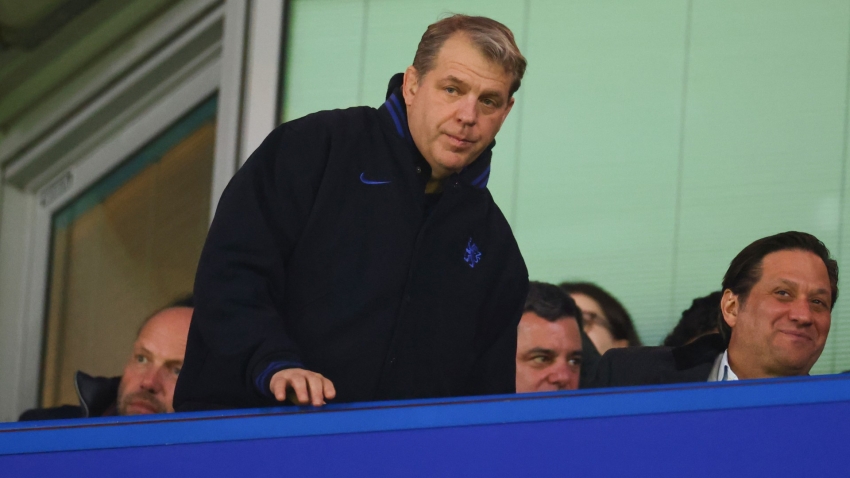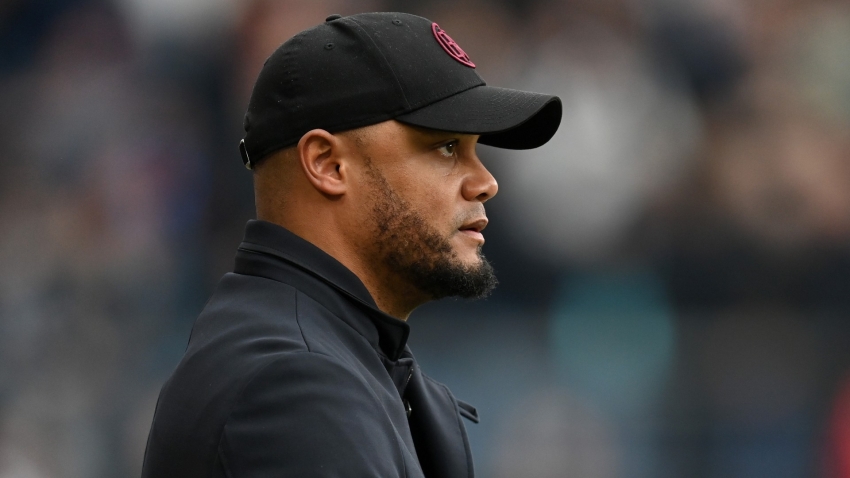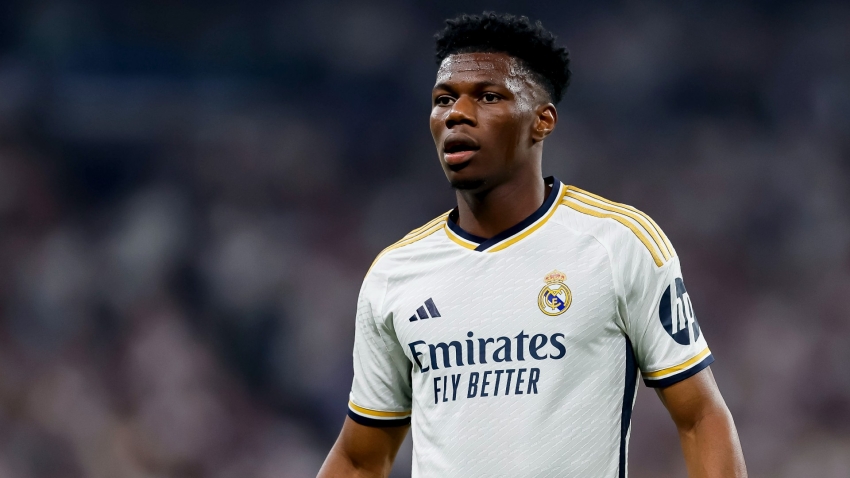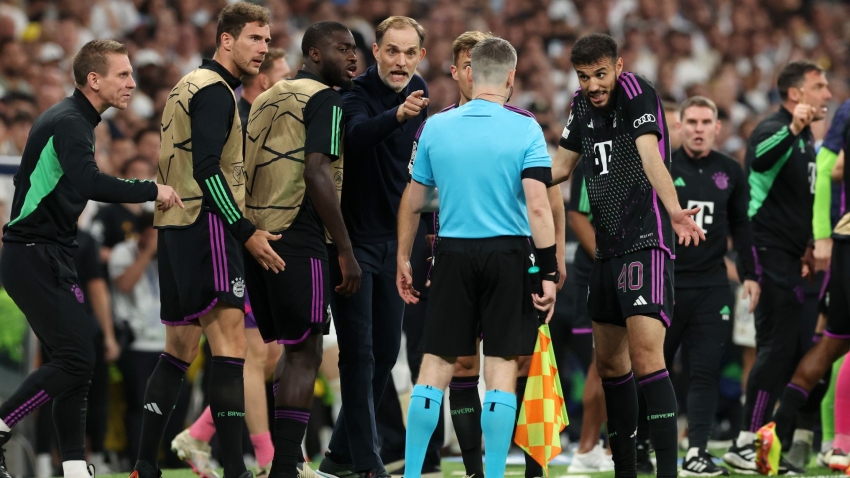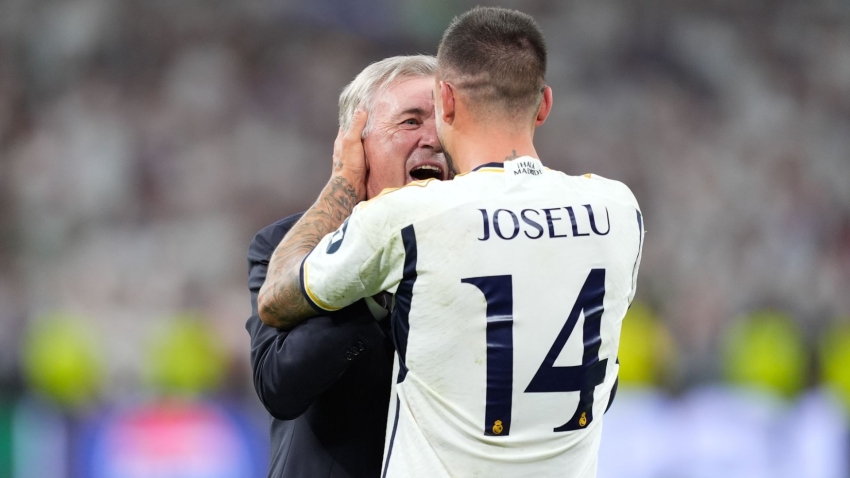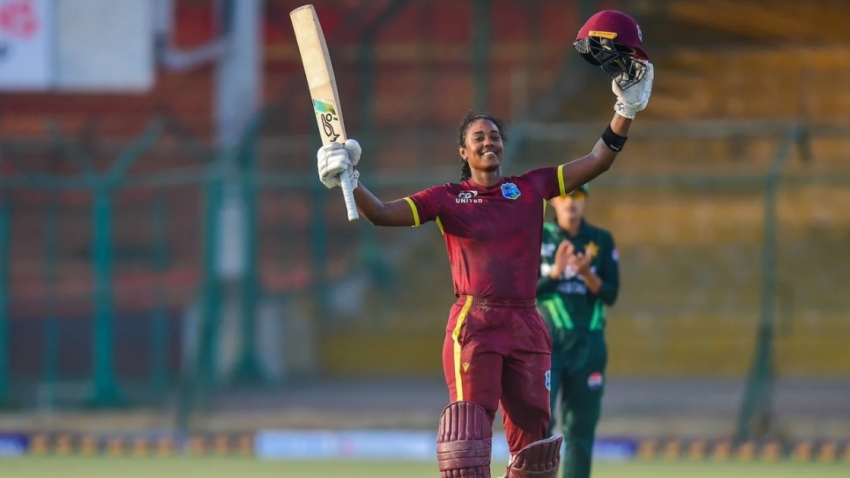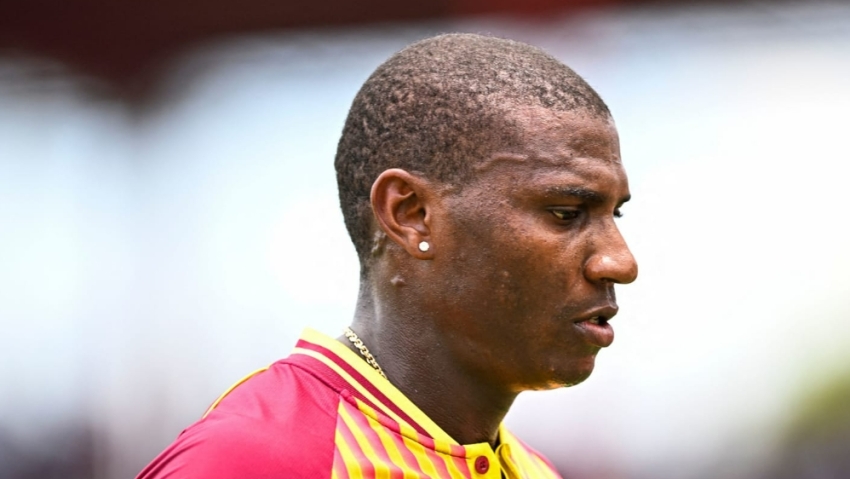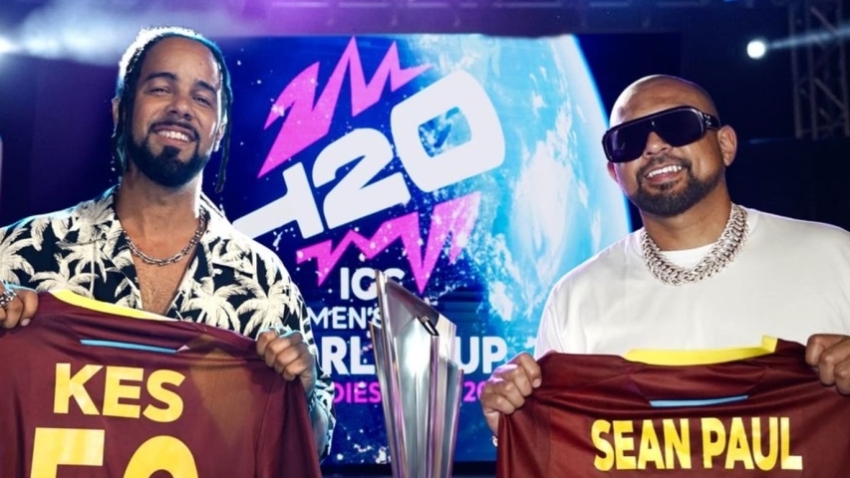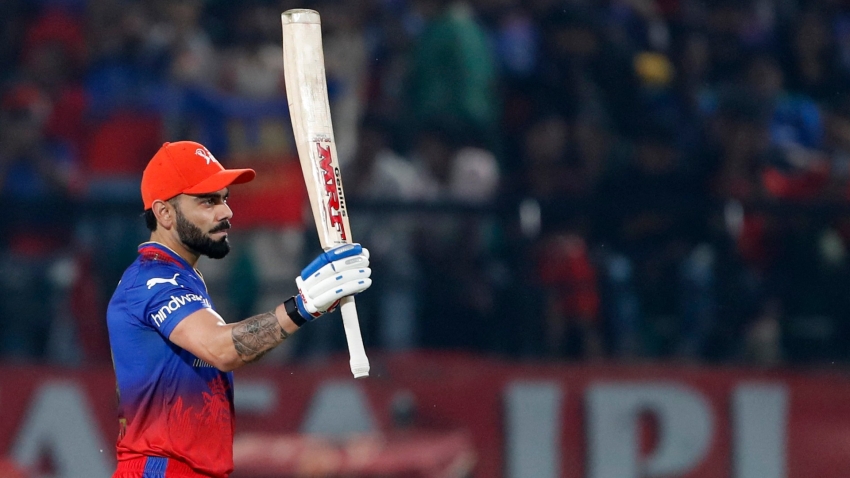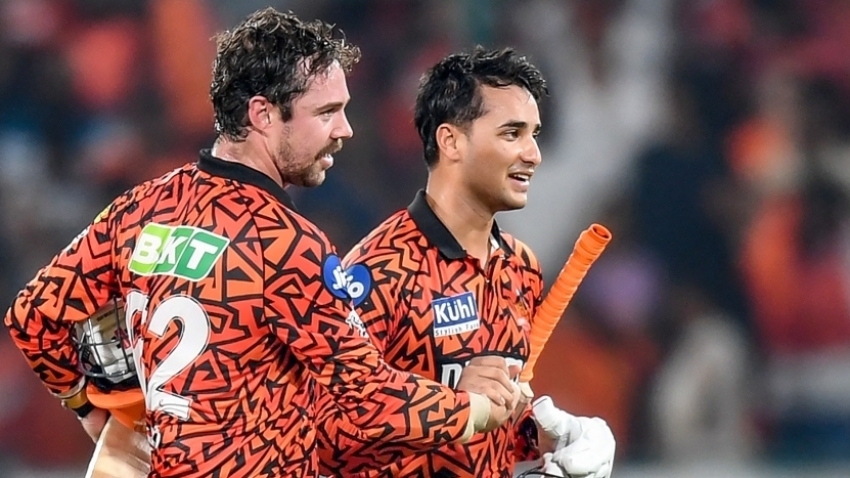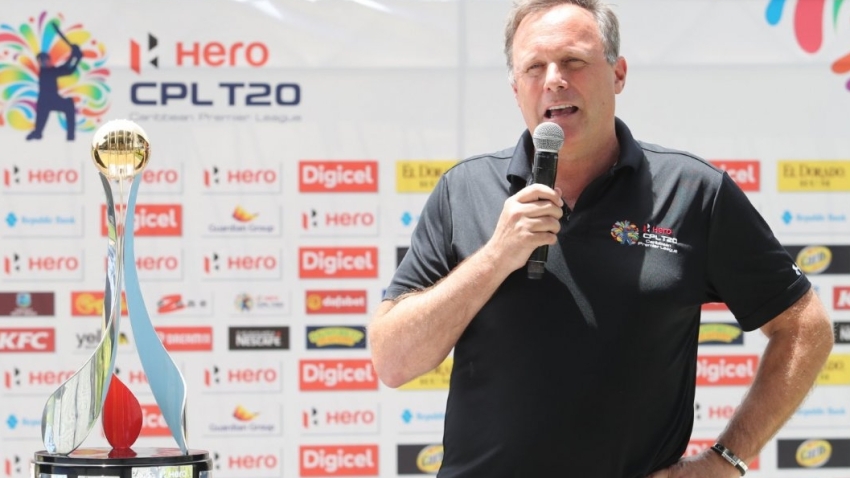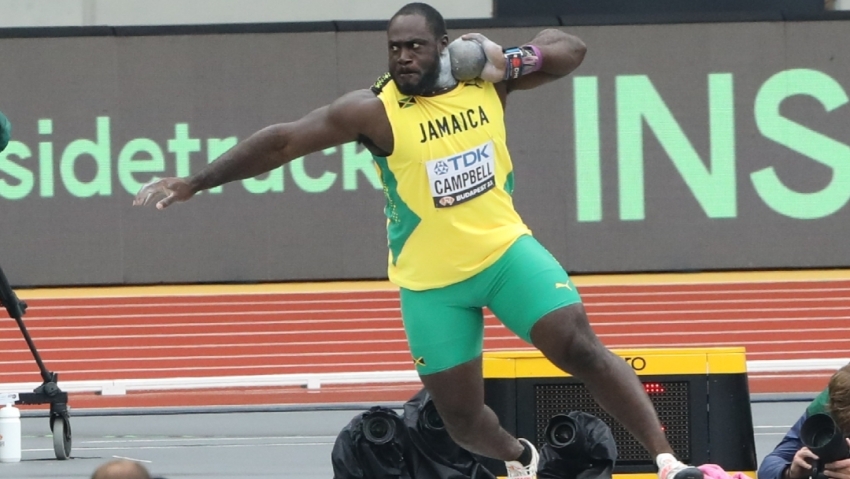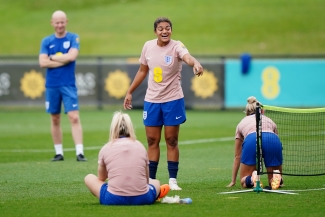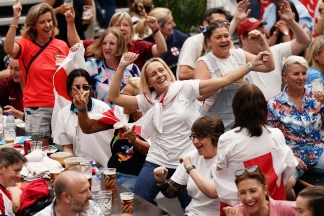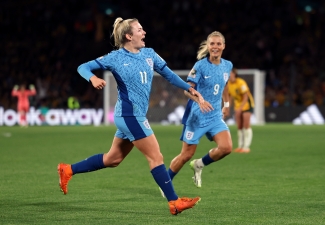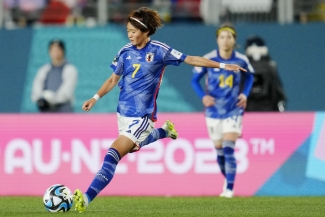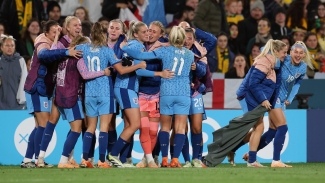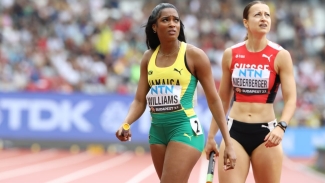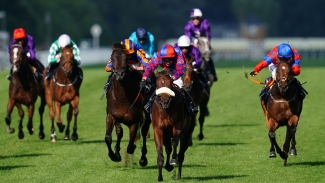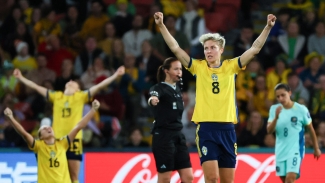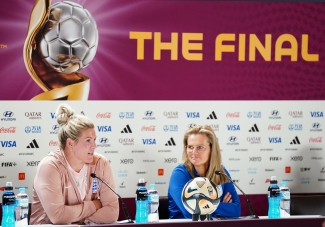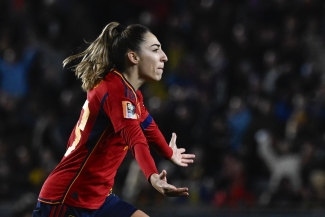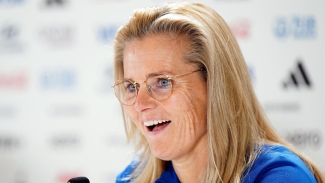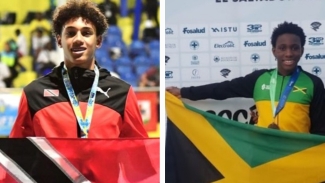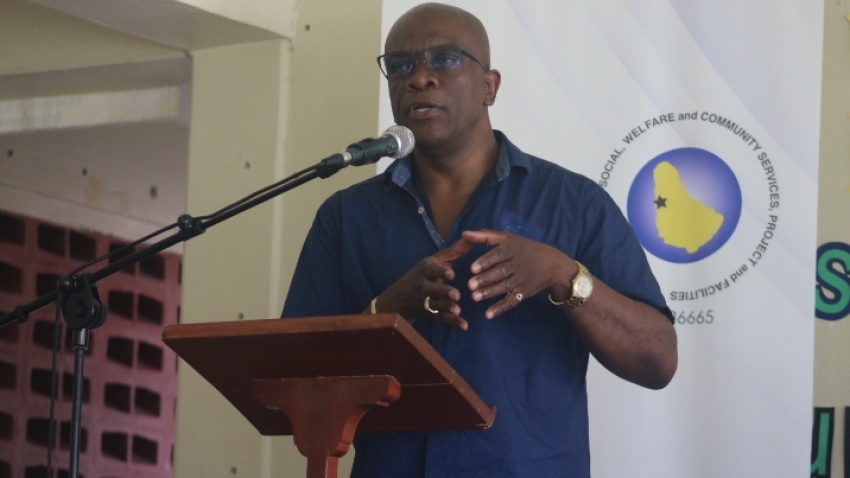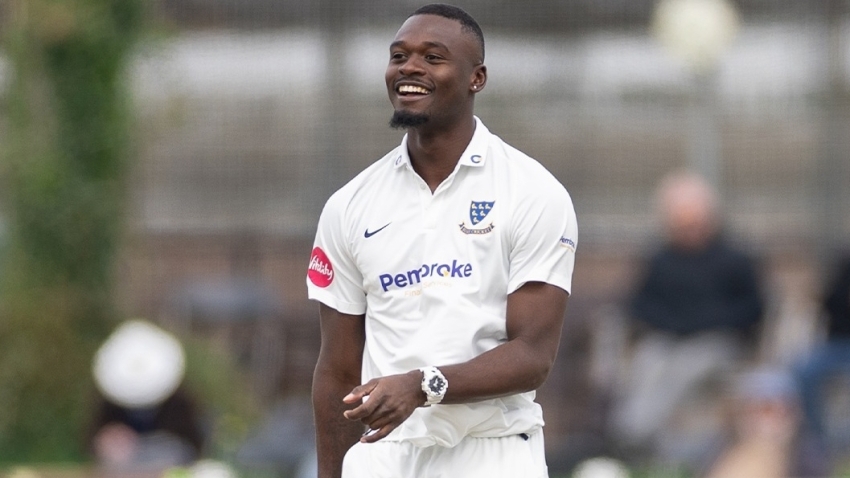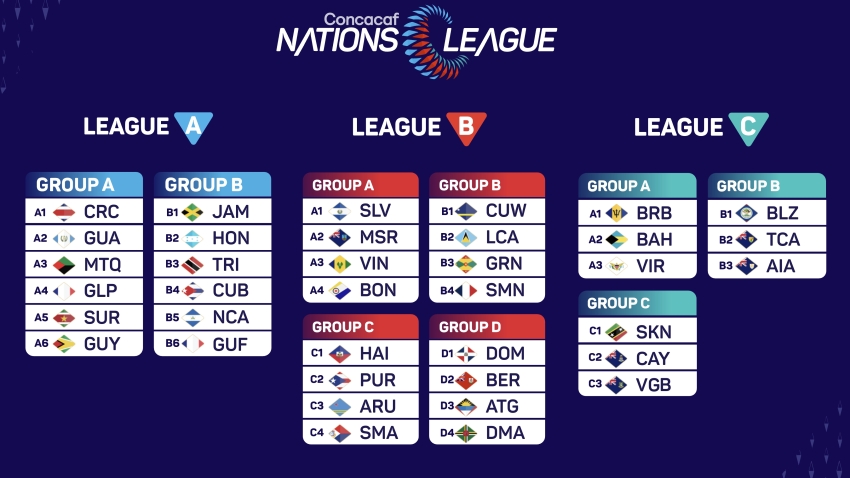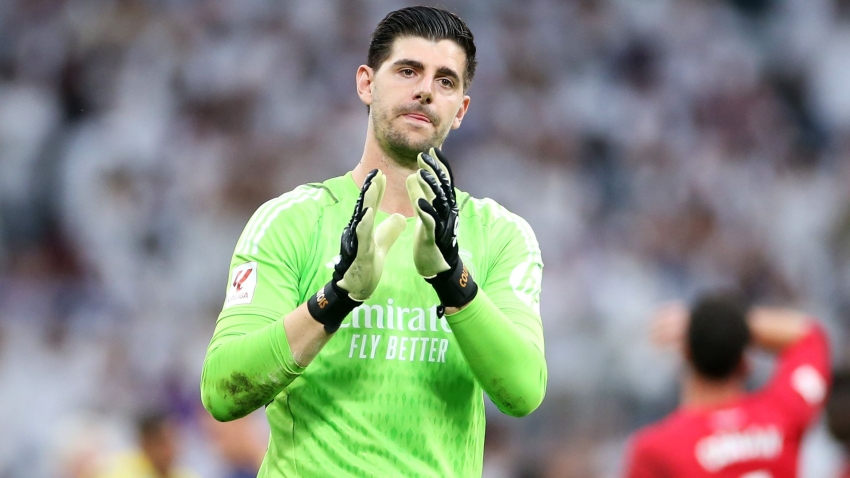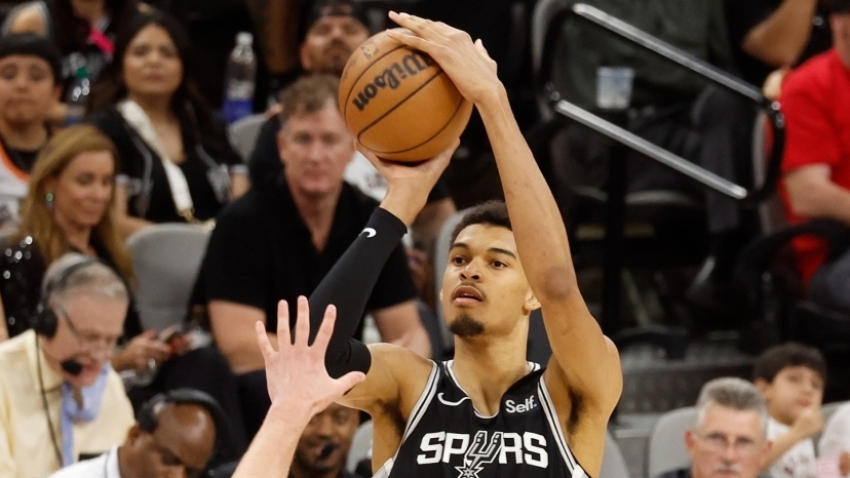The ninth edition of the Women’s World Cup is almost over with only the final left to play.
A new winner will be crowned when England and Spain do battle in Sydney on Sunday.
Here, the PA news agency takes a look at what we learned from this tournament.
USA dominance over
USA have been the leading force in women’s football for the past few decades, winning the previous two World Cups and claiming three gold medals at the Olympics, but they suffered a shock defeat to Sweden in the last 16 in Melbourne.
A number of other nations made early exits, including Olympic champions Canada going out in the group stage along with Euros runners-up Germany, but it was USA’s penalty shoot-out loss which caused the most astonishment.
With Megan Rapinoe retiring and other stalwarts Alex Morgan, Kelley O’Hara and Alyssa Naeher unlikely to play at another World Cup, it finally feels safe to say USA’s glittering era is over despite the excitement around Sophia Smith.
Year of the underdog!
View this post on Instagram
A post shared by FIFA Women's World Cup (@fifawomensworldcup)
Along with USA leaving the tournament early on, a number of emerging nations made their mark in Australia and New Zealand with South Africa, Nigeria, Morocco and Jamacia all making the knock-out stages.
Morocco qualified through Group H at the expense of Germany, who had thumped the African outfit 6-0 at the start of the World Cup. The Moroccan players were crowded around a phone watching the final seconds of Germany’s draw with South Korea before erupting in celebration.
Their journey only lasted until the last-16 stage and it was the same for South Africa and Nigeria but never before had three African countries all made the knock-out phase. Meanwhile, Jamaica were able to send Brazil packing in the group stage. It helped to highlight the growing depth in the women’s international game.
England’s golden generation
England were close to exiting this World Cup against Nigeria after Lauren James’ red card, but Mary Earps and heroic defending was followed by shoot-out success to send them through to the quarter-finals.
The European Championship winners would have always hoped to go deep in this tournament, but a tricky draw on paper and injuries to Beth Mead, Fran Kirby and Leah Williamson alongside the retirement of several key players last summer could easily have resulted in a poor showing.
In serial winner Sarina Wiegman and a group of players with incredible resolve and belief, England have managed to break new ground to reach a first World Cup final and given so many of this squad are in their twenties, it feels whatever happens on Sunday the Lionesses are ready to be the country to beat over the coming years.
Glass ceiling smashed!
Records have tumbled during this tournament co-hosted by Australia and New Zealand. The bigger than usual format of 32 teams has resulted in more games and while plenty of drama has followed, the quality of football on show has helped to ensure ticket sales and TV viewing figures continue to go through the roof.
A whopping attendance of 75,784 has been recorded three times at Sydney’s Stadium Australia and according to FIFA, the average crowd across the 10 venues has been 28,900. A big increase from the previous edition in France or any other World Cup, but the world has also tuned in.
Despite matches usually being played outside of prime-time slots, Fox still had 2.52 million viewers watch USA’s last-16 defeat on penalties to Sweden, which kicked off at 5am in the Eastern time zone of the United States. BBC One had 7.3 million viewers watch England’s semi-final win over Australia and millions also turned on the TVs in Brazil, Colombia and China for matches containing their respective countries.
Room for improvement
View this post on Instagram
A post shared by FIFA (@fifa)
There is still plenty of work to achieve in the women’s game though, with the build-up to this World Cup dogged by controversy and several countries playing amid the backdrop of internal tension, which should not be the case when players get the chance to perform on the biggest of stages.
FIFA faced criticism for its ‘Unite’ armbands, which were similar to the OneLove armband banned, but did not promote LGBTQ+ communities. The governing body also found itself in a storm for almost allowing Saudi Arabia to sponsor the tournament and president Gianni Infantino’s peripheral role at this World Cup compared to the men’s edition in Qatar.
Meanwhile, Spain’s presence in the final will conjure mixed emotions after several of their own players threatened to quit international football if head coach Jorge Vilda did not leave his position, citing the impact his regime had on their “emotional state” but he remained. Hati and Zambia’s participation in this World Cup occurred amidst sexual misconduct allegations against staff to highlight the hurdles still facing elite women footballers.


